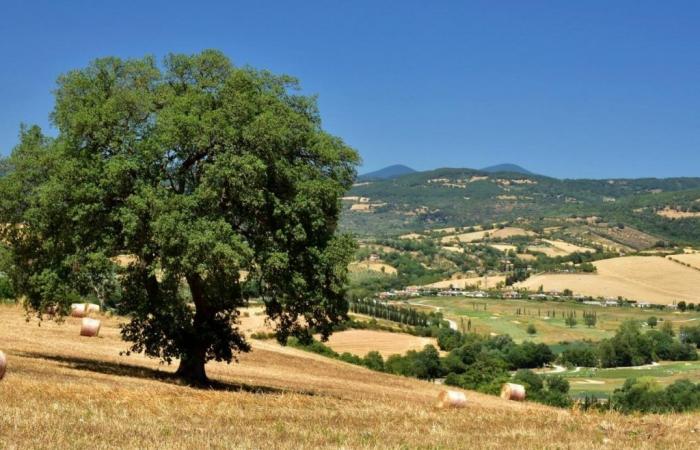Starting from the title it is easy to understand how the irony inherent in the language and customs of the best Tuscan tradition is the stylistic feature of this book published by the publisher Round Robinby title Maremma Perestrojka(pp. 336, euro 16) written by Cecilia Tosieditor of Rai News 24, originally from Grosseto, where the story of a little girl who, after finishing elementary school, arrives at the first year of middle school between desires and fears, saying goodbye to childhood to make room for early adolescence, was born and developed.
The narrative intersects with skilful naturalness the personal events of the young protagonist, made up of family relationships, new friendships and falling in love, with a decisive historical period such as the year 1989, which on November 9th with the fall of the Berlin Wall marks the end of an era, bringing with it the upheaval of the entire international geopolitical structure, the consequences of which we are still experiencing today.
Through the lightness of an inspired, as well as well practiced, pen, the author takes us back to the heart of a past that belongs to all of us, as her words confirm. “What I tried to describe in the book I believe is the most critical part of our growth, when you are neither fish nor fowl but the real transformation of each individual occurs, just as 1989 is the year in which global balances are broken. For those like those of my generation who experienced the arrival of adolescence at the same time as ’89, this coincidence of great fractures, both internal and around you, in my opinion leaves its mark. I have always remembered with great internal tribulation a period like that, in which at a certain point the certainties were no longer what they once were.”
We take the opportunity to ask her if the world described in her novel is completely extinct, or if traces of it remain: “That type of militancy certainly no longer exists. In the book as in reality, mine was a left-wing family, with a very orthodox mother in her connection with the party, a classic of Tuscany and the Maremma of those years. A reality clearly swept away by time, and by the changes it brought with it. But I must say that as far as today’s teenagers are concerned, I don’t think they are that different from what we were, there isn’t all this disparity, in fact perhaps they have some more problems due to the fact that not even childhood today offers those certainties like those we experienced in previous generations.”
Cecilia Tosi’s story attracts the reader also for its setting, in addition to the language used. One wonders how the public has received this book. “I have done a couple of presentations and I was very happy – Tosi confirms – because the people who came encouraged me, telling me that the book made them laugh a lot, an element that particularly interested me, because in writing I tried to work on an ironic register, which could really make people smile, with the intention of talking about serious things by telling them in a light way. In particular, I am satisfied with the presentation made in Grosseto, where this ironic side was captured with particular sensitivity, as witnessed by some peers who attended the meeting, who shared their memories of that period”.
To obtain this effect there must also be precise work on the text, also in the construction of the characters, which for the author “are the result of a cross between many people I actually met from whom I took inspiration, a mix of personalities that have formed others ”. And to account for all this, a passage from a page of Maremma Perestrojka can give you a better idea:
The “Unity Festival” lasted 15 days and then school started again. That year I was in seventh grade and there was nothing new to deal with, but I still wondered how the first day in class would go, given that I didn’t see the my companions for almost three months and I had been confused by my parents’ love story and by the idiotic chatter of my brother’s friends who, by the way, had gotten engaged. That is, he had agreed to get together with the only girl left in the group unmatched at the end of the summer. Not that they did much together, but I think we had her first make out, judging by the number of attempts my mother made to talk to us in private. Failed attempts, obviously before, however, the return to school truly had something new in store for it. Silvia had bought the Amiga 500. An object that I had already glimpsed but never up close, with which you could play some very fun games using a futuristic tool like the joystick. In practice it was like having those video games at home for free that cost two hundred lire per game at the seaside. I couldn’t wait for him to invite me to play with it.
Other times, which reading this book helps us relive without too much nostalgia, accompanied by a smile.






